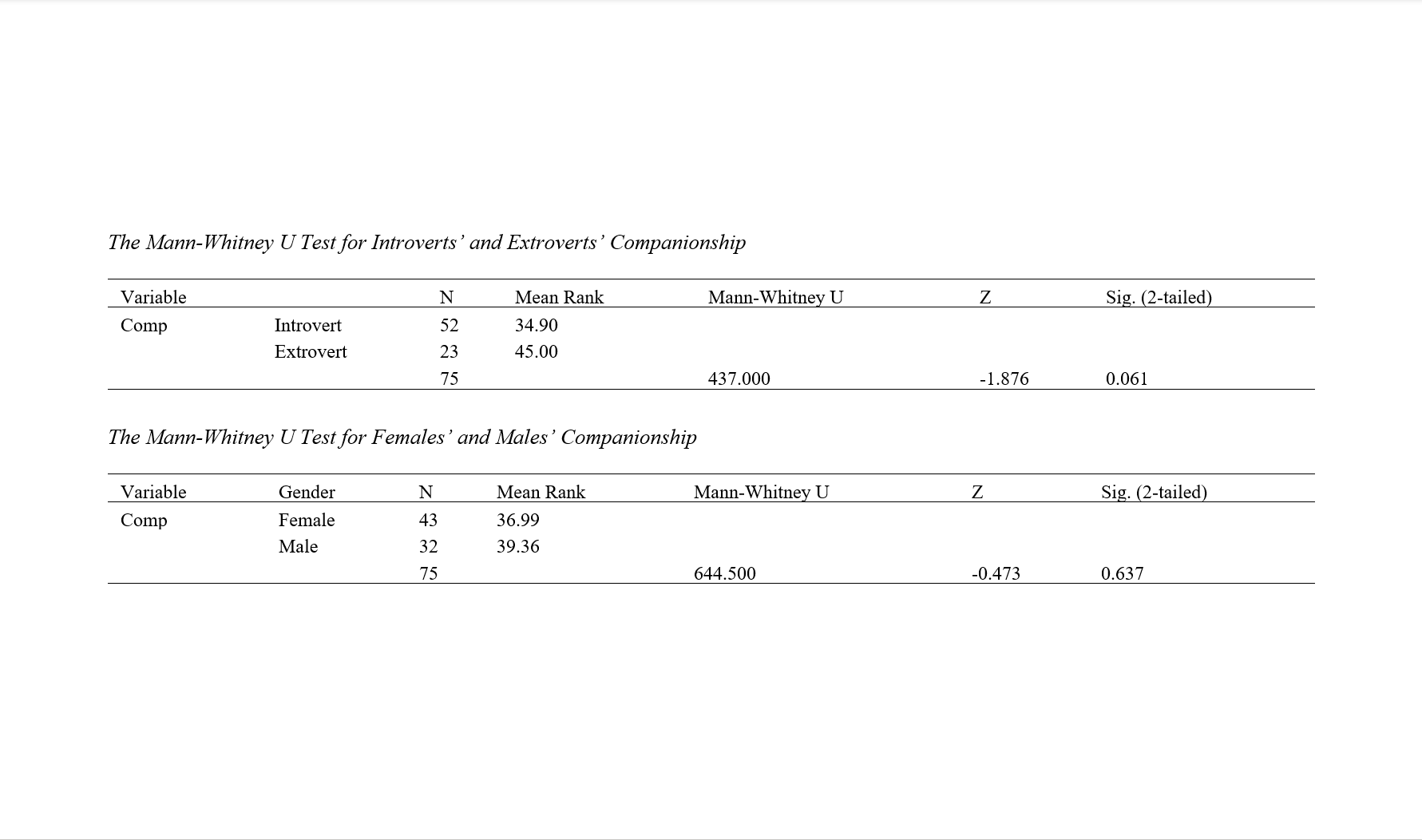Investigating the Mathematical Performance of Undergraduate Students in the Flipped Learning Method Grouped by the DISC Personality Test Along with the Lecturer’s Scaffolding
Keywords:
Academic performance, Creative grouping, Gender, Introvert student, Extrovert studentAbstract
Objective: This study aims to leverage psychological aspects within the Flipped Learning method by presenting a novel technique and examining the mathematical performance of undergraduate students.
Methods and Materials: This descriptive-analytical study was conducted in the 2022-2023 academic year with 89 undergraduate students from the Computer Science field at the Islamic Azad University, Science and Research Branch. Students were divided into three General Mathematics II classes and grouped based on the DISC Personality Test. A sample size of 75 was selected using stratified random sampling. The Flipped Learning method involved ten 120-minute sessions, with instructional scaffolding provided through the iGap Iranian application. Pretest and posttest scores, along with various performance metrics, were analyzed using SPSS version 27. Statistical tests, including Paired-Samples T-Test and Independent-Samples T-Test, were conducted to evaluate the hypotheses.
Findings: The results indicated significant improvement in students' mathematical performance post-intervention, confirming the positive effect of the Flipped Learning method. No significant differences were found between female and male students' academic progress, suggesting equal benefits across genders. Extroverted students showed greater academic progress than introverted students, with extroverted females and males outperforming their introverted counterparts. Lecturer scaffolding significantly enhanced students' Mathematical Mind Processing (MMP), with introverted students showing more substantial MMP improvements compared to extroverts. No significant differences were found in companionship between introverts and extroverts or between female and male students.
Conclusion: The study concludes that the Flipped Learning method, when combined with the DISC Personality Test and lecturer scaffolding, significantly enhances undergraduate students' mathematical performance. This approach benefits both genders equally and supports greater academic progress for extroverted students. Scaffolding plays a crucial role in improving cognitive processing, particularly for introverted students. These findings highlight the importance of personalized and interactive teaching methodologies in higher education.
Downloads

Downloads
Additional Files
Published
Submitted
Revised
Accepted
Issue
Section
License
Copyright (c) 2024 Elham Azadegan (Author); Mohsen Rostamy-Malkhalifeh (Corresponding Author); Mohammad Hasan Behzadi, Abolfazl Tehranian (Author)

This work is licensed under a Creative Commons Attribution-NonCommercial 4.0 International License.








